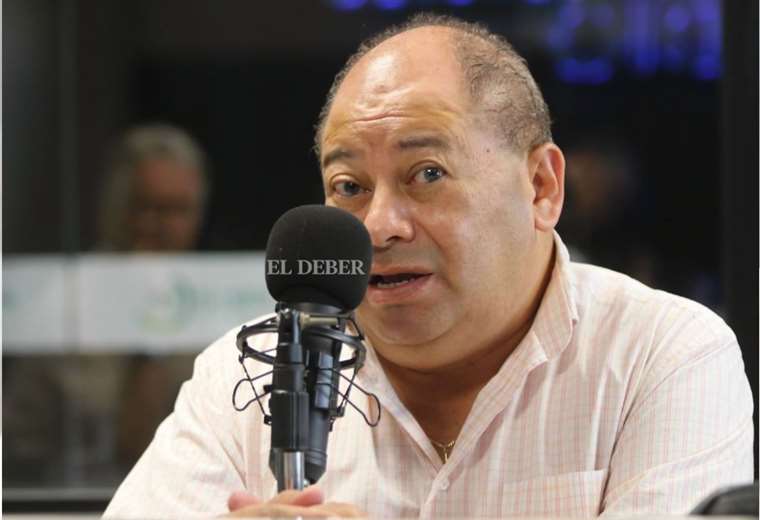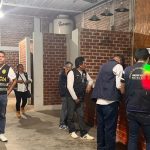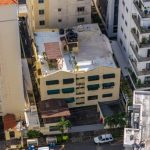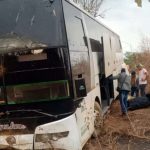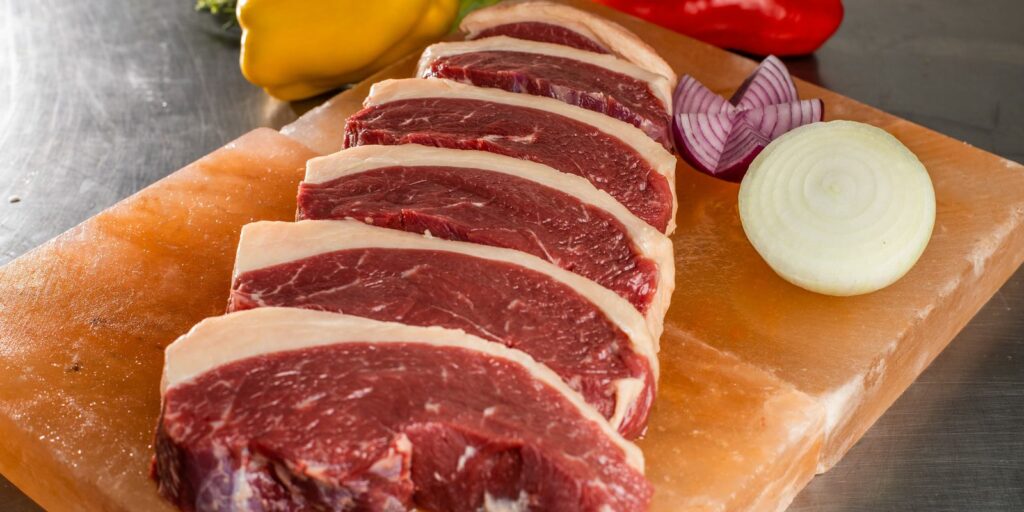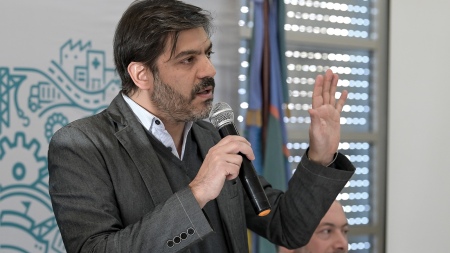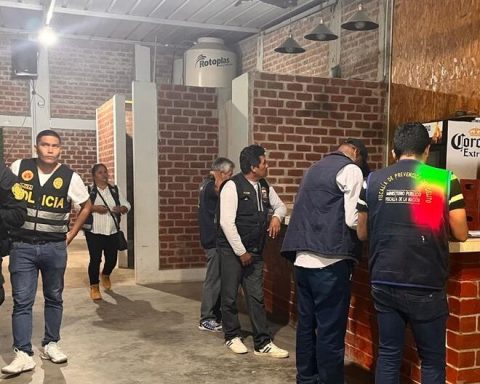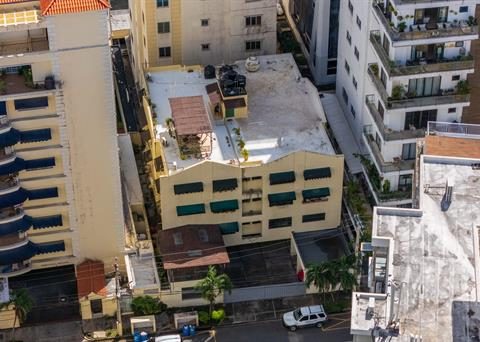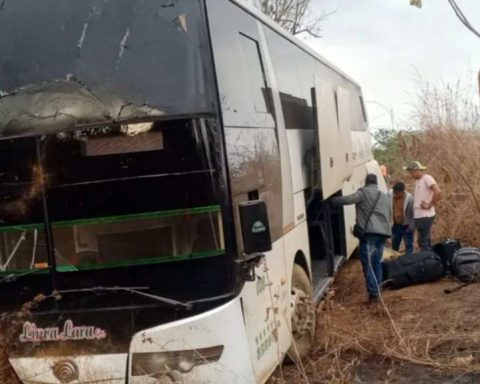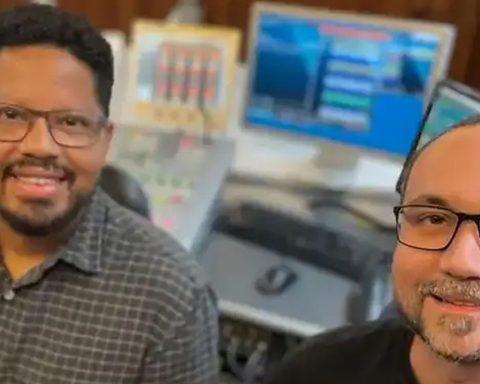January 7, 2023, 2:39 PM
January 7, 2023, 2:39 PM
The former Minister of Government, Carlos Romero, in an interview with the program ¡Qué Semana!, which is broadcast every Saturday on EL DEBER Radio, made 14 revelations about drug trafficking in Bolivia, its growth, its routes and the admission that although the country is not yet a narco-state, it is on the way to it.
1.- Drug trafficking has penetrated state institutionseither
“I start from the hypothesis that in Bolivia in recent years we have had a political agenda that is too intense and poralized; and that distracts us from concentrating on strategic State decisions that are urgent, with public management itself and particularly with the denunciations of public corruption and the protection of drug trafficking that have grown enormously since I read them, to the point that they have become a cohesive factor in the political system and have penetrated a part of the National Police, a part of the Armed Forces and strongly to the justice system.
2.- The strategic territorial enclaves
“We need to project a State policy and shield ourselves from a huge advance that is taking place in drug trafficking to the point of controlling strategic territorial enclaves.”
3.- There are areas inaccessible for drug traffickingeither
“Drug trafficking operates in Bajo Paraguá, there are areas that are practically inaccessible to the Bolivian State. We are talking about Tuna and Las Petas, where it expanded with drug routes to Argentina and Paraguay. We have even identified with coordinates, clues where drug trafficking operates.”
4.- Bolivian drug trafficking routes abroad
“There are areas where this activity has expanded. Throughout the Chaco corridor, from the Cordillera de Santa Cruz to Yacuiba, in Tarija, where drug trafficking routes to Argentina and Paraguay were activated. What we see is an irradiation of drug trafficking, a domination of territorial enclaves and a dispute for control of the routes that generate actions of hit men and violence.
5.- A necessary judicial reform to attack the drug trafficker
“A reform in justice is necessary. It is not best to continue electing judges by vote because that has led to the cooptation of the electorate and the sponsorship of candidate campaigns with money often of dubious origin, that has happened with candidacies in Beni or Santa Cruz… The system The judicial system is one of the most delegitimized and dangerous institutions in our country, to the point that now attending a judicial dispute is more or less attending an auction where one must find the best mediator to discuss the price of the trial before enforcing what complies with law”.
“Drug trafficking penetrated the State. There is a mistaken interpretation that when drug trafficking controls some level of political authorities, or legislative or judicial devices, or control of the public force, we are in the presence of the narco-state. It is not a concept that suits Bolivia. The narco-state is parallel, dark, corrupt. The narco-state is a criminal establishment that controls territory, economy, that unites social structures, has its own justice system that is factual and is expressed in hit men. that regulates organized crime.
7.- The narco, an industry that co-opts formal companies
“In Bolivia we are on the way to a narco-state, we do not live in a narco-state that is an economic activity, an industry that installs and expands to the extent that that territorial jurisdiction allows it to do so. When the formal businessman settles and expands, he must accept, negotiate and even form alliances with the drug trafficker to launder his money, capitalize or regulate the terms of the competition. The politician will have to negotiate with mafia sectors to give them political representation, because he will run the risk that his opponent will do so. The same with the sports manager, threatened because his classic rival will get dirty money, and he will explore the possibility of doing the same. We are on that path.”
8.- A corroborated route
“In our management we allow a controlled shipment. We let the drug pass through the airports of Viru Viru, Santa Cruz, Barajas in Madrid, Paris, it arrived in Brussels, from where it was distributed to Europe and Africa. It was a route that began in San Borja, Beni, continued through a sector of the Chiquitania and joined the wood business. We installed a technological device that was dismantled, as we did in Charaña with a scanner system and all of that was dismantled”.
“We smuggle Peruvian coca for drug processing, which is why the price of coca has dropped. Marketing was under the control of the leaders and what happened in Yungas is that almost a third of those registered were not in the Segip base. There is Peruvian coca for drug processing, there is an expansion in the Peruvian zone of Braem as in Colombia”.
10.- The drug that is not counted
“For every ton of drugs that is seized in Bolivia, a thousand tons circulate that are not seized, according to the report of international organizations. The raw material and precursors are out of control”.
11.- Subjugation and organized crime
“The encroachments are covered by organized crime, have spread to the Guarayos area and are dangerously connected to the Marbán de Beni province. That is very dangerous. The operators of the illegal economy exert pressure to maintain control of that area, the same happens in the Chiquitania”.
12.- “Uan organized crime that begins to shoot at the State”
“The new bullies are no longer people who enter with their covers and western clothing. They arrive in modern trucks, hooded, with firearms, and have deployed groups with military training, as happened in Las Londras and we continue to look to the side. There were deaths, the forces of order are being shot more and more. We are no longer facing an organized crime that is betting on the penetration of the State, but rather an organized crime that is beginning to shoot at the State. Today they are policemen, tomorrow they may be judges, politicians or journalists who address the issue. We are entering the logic of the Medellín cartel.”
13.- “Organized crime access technology without bidding“
“To the extent that the political system looks to one side, the fight will become more and more difficult. Organized crime is empowered, because it does not need marketing, but to addict young people. That client will beg you for a gram of drugs. It has 40 million people in the world who are drug addicts. Organized crime accesses technology without bidding, without qualifying the contestants, they buy it in black markets. To the extent that this activity is tolerated, it grows and grows. Then the State does not have the same rhythm to strengthen itself and face it”.
14.- The Government has lost control
“The national government has no control over this, it wants to cover the sun with one finger, it only responds with insults when we make complaints and the political system is complicit because parliamentary oversight mechanisms are diluted. It is not normal for a minister to have an interpellation on the same subject nine months late, that is complicity ”.
Watch the full interview here:
